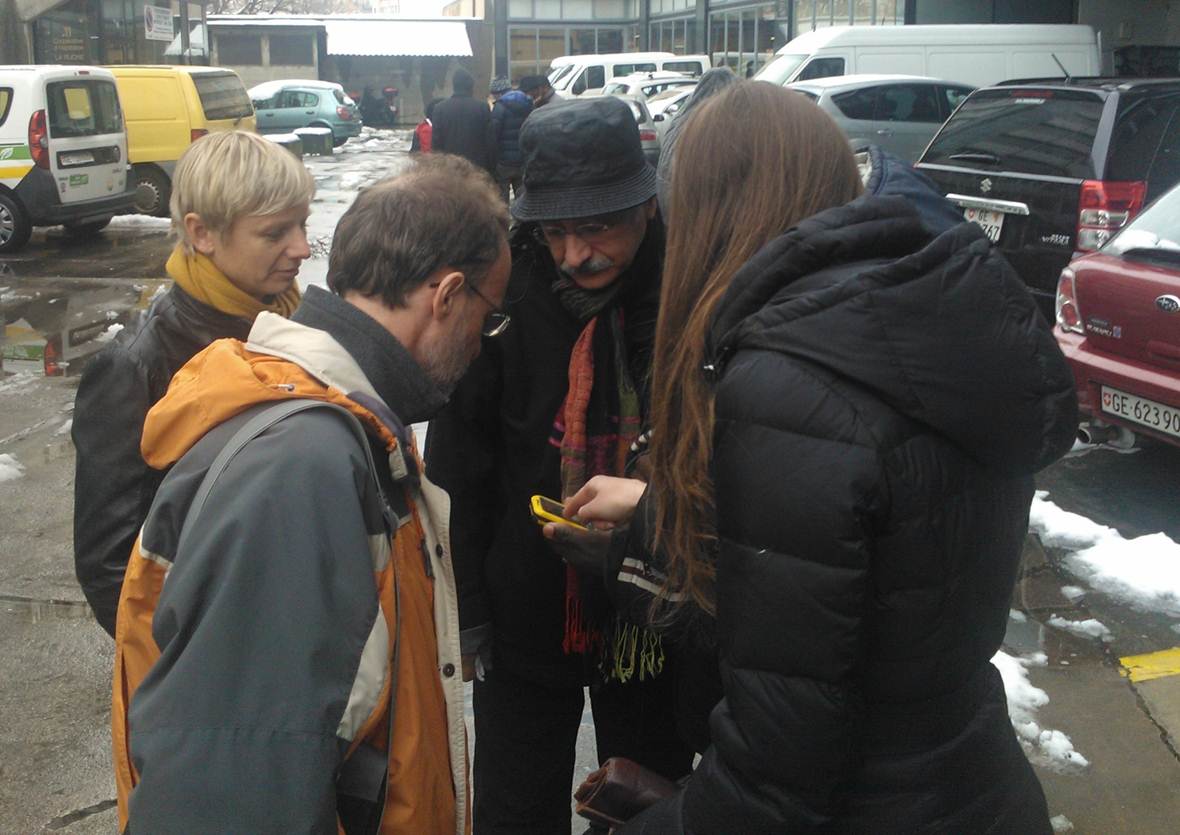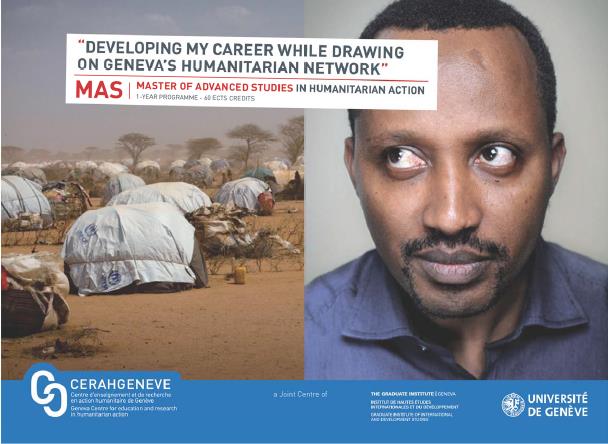8 May 2013, Geneva, Switzerland - Since 2008, the main technology application drive of UNOSAT has been accompanied by a fast growing training and knowledge sharing offer. As a result the Programme evolved into a centre of excellence acting on two interconnected fronts: services and training. This strategic choice is in line with the mandate and role of UNITAR in training national experts in UN member states and adds a distinctive competitive edge to UNOSAT geospatial expertise.
The Manager of UNOSAT explained: “There is an important difference between training and education. We don’t do education, our university partners do that. Through their classes and Master courses we share our knowledge and know-how in crafting solutions to help UN agencies and member states with geospatial tools and satellite analysis.”
T he audience interested in UNOSAT training is typically made of national experts engaging in building better national capacity and individuals aspiring to work for humanitarian agencies and other international organizations. Through the partnership with universities and other education institutions, UNOSAT is reaching out to a new audience, made of students and young post-graduate experts.
he audience interested in UNOSAT training is typically made of national experts engaging in building better national capacity and individuals aspiring to work for humanitarian agencies and other international organizations. Through the partnership with universities and other education institutions, UNOSAT is reaching out to a new audience, made of students and young post-graduate experts.
The long standing connection with the University of Geneva has developed into a more substantial partnership as the University embarks into expanding its education offer in the area of humanitarian relief. This partnership contributes also to the profile of Geneva as a global reference for the international humanitarian community.
UNOSAT is part of the Certificate of Advanced Studies in Disaster Management and the Master of Advanced Studies in Humanitarian Action run by the (CERAH), a joint programme of the University of Geneva and the Geneva Graduate Institute.
 The University of Geneva sees the advantage too. Dr Corine Frischknecht, Course Coordinator at the University of Geneva, said: “Since maps and remote sensing information are more and more often used in disasters, having lectures and practical exercises dedicated to this topic is important. It allows understanding the world behind a map, an image. In addition experts from UNOSAT are enthusiastic and willing to share their knowledge, expertise and experience with participants. As UNITAR is based in Geneva, it offers an unique opportunity for collaboration at various levels.”.
The University of Geneva sees the advantage too. Dr Corine Frischknecht, Course Coordinator at the University of Geneva, said: “Since maps and remote sensing information are more and more often used in disasters, having lectures and practical exercises dedicated to this topic is important. It allows understanding the world behind a map, an image. In addition experts from UNOSAT are enthusiastic and willing to share their knowledge, expertise and experience with participants. As UNITAR is based in Geneva, it offers an unique opportunity for collaboration at various levels.”.
Images: Top: One of UNOSAT trainers with a few students during one of the practical exercises that simulate the use of mobile technologies in the field. Bottom:
Humanitarian studies in Geneva are increasignly popular.

